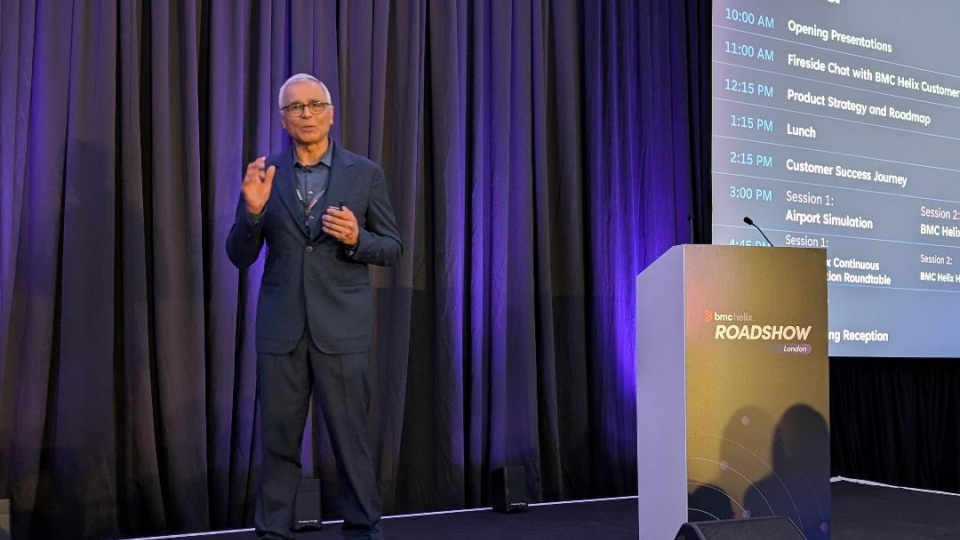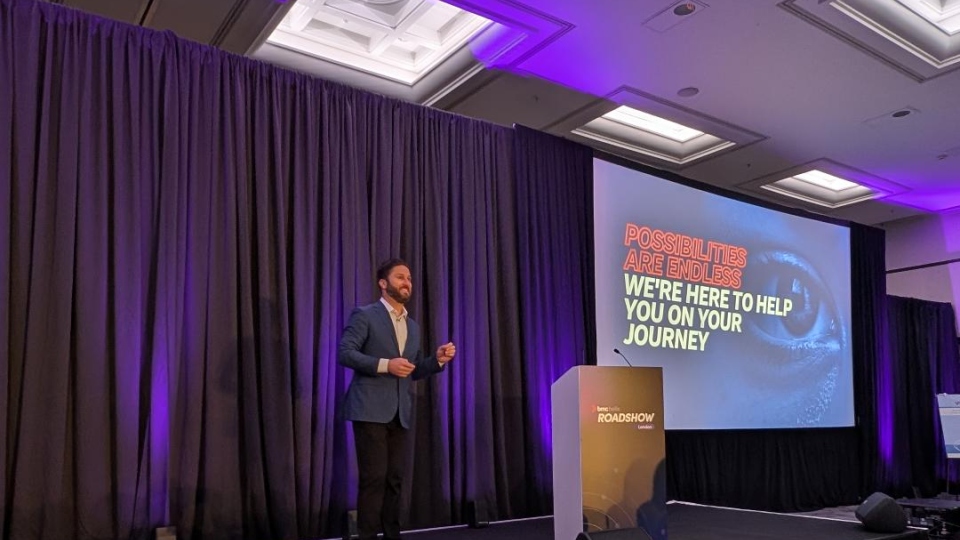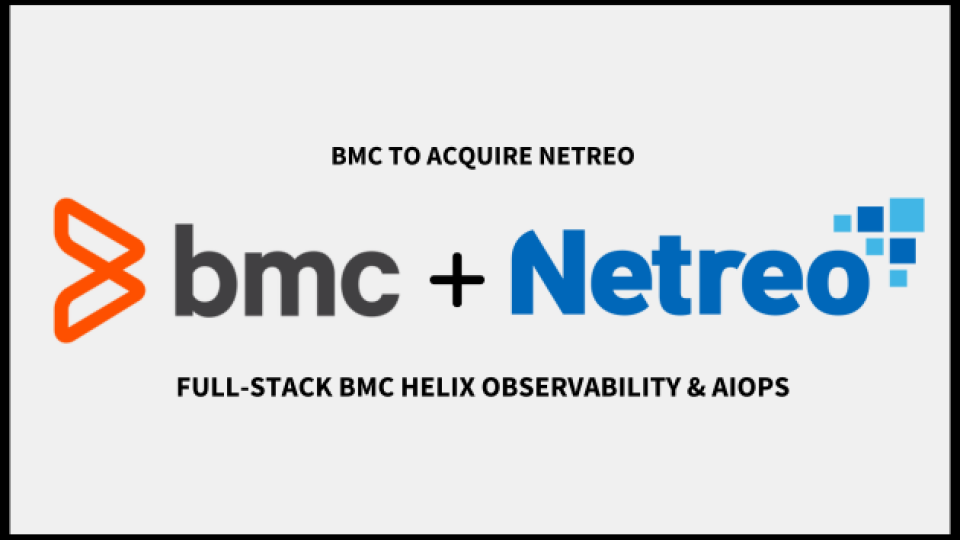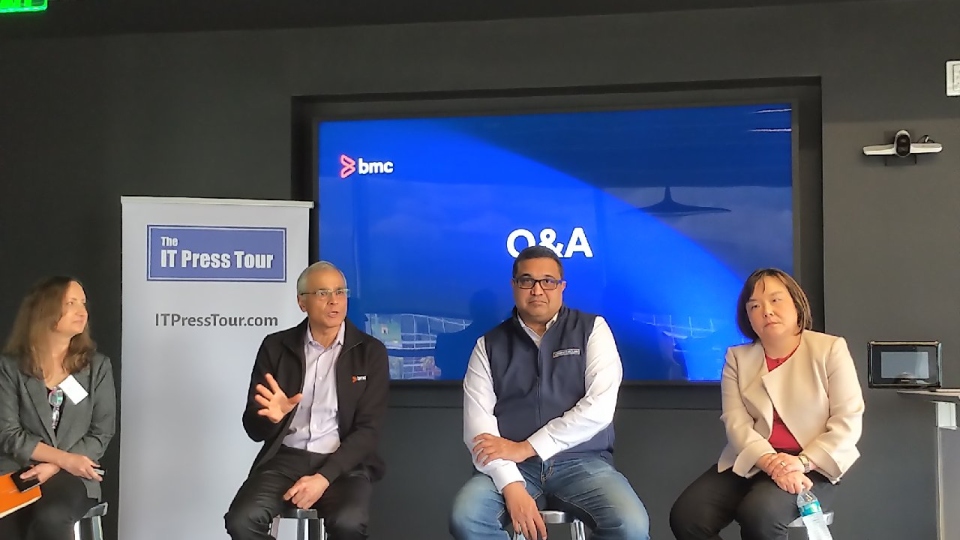
Last October, BMC Software announced the creation of two stand-alone, independent companies, called BMC and BMC Helix, to help drive further growth. The decision was made by BMC’s private equity owner KKR.
This week, we attended the BMC Helix Roadshow London event for customers and partners, to find out what the split means for the channel and the product roadmap.
Until a few years ago, the original BMC was known as a legacy mainframe and middleware services company, but it then branched out to newer areas around DevOps, IoT service management, and, of course AI services, among other markets.
It just so happens, that many of these newer areas of business help form the newly split BMC Helix business.
The other BMC business includes the BMC AMI suite of solutions for mainframe transformation, and the SaaS and on-premises automation and orchestration Control-M platform, along with workflow orchestration, and managed file transfer solutions.
BMC Helix says it is focused on “accelerating” innovation, customer success, and the application of AI in digital service and operations management business. It offers BMC Helix Operations Management with Discovery for AIOps, and BMC Helix ITSM with BMC HelixGPT for improved employee experience and productivity. It claims it is poised to increase market share in the years to come across ServiceOps and AIOps.
Up until the announced split, BMC Software had reported 18 straight quarters of growth. Its sales at an annual run rate stood at around $2.5 billion. BMC Helix president Ali Siddiqui (pictured) told us his new business, which has only been officially separate since April this year, was responsible for about $1 billion of that aforementioned $2.5 billion, but that his lines of business were among the fastest growing, including AI services.
He said: “Helix is growing 30% year-on-year, and SaaS business is growing above market and taking share away from our competitors [which includes ServiceNow, among a number of others].”
He added: “We are profitable, and will be cash flow positive to the tune of a couple of hundred million dollars this year. To grow further, we will be spending a lot more on R&D. AI is a big ship in this industry and we are already leading this ship, through our experience, insights, and outcomes.”
Siddiqui maintained that AI was bigger than the public cloud, the PC, and the internet, and claimed BMC Helix’s agentic AI offerings gave the company “first mover” status in the industry.
Up to now, the company’s messaging around this activity has perhaps been part hidden, considering that BMC as a brand previously was seemingly dominated by mainframe and mainframe cloud data management activities. But not now, there is nowhere to hide, and no excuses.
BMC Helix has around 30 different AI agents, and the conference heard that more have just been released or were about to be released. These included HelixGPT CMDB Governor for automating data quality management, Helix Continuous Optimizer to improve service reliability and reduce service costs, HelixGPT Problem Finder, and HelixGPT Employee Navigator (Voice and Screen) to help support employees in their work operations.
On the go-to-market, and whether there had been any changes to the European partner footprint, Jeff Hardy, chief revenue officer of BMC Helix, told IT Europa: “Before the split, there were more partners on the Helix side of the business, and we have taken all of them to the new company.
“There are partners who do business across both sides of the original BMC, and there is still a good opportunity for those partners. But we want to grow the partner base on our side, as it’s the only way we can grow the company.”
More to follow from the BMC Helix Roadshow London...






